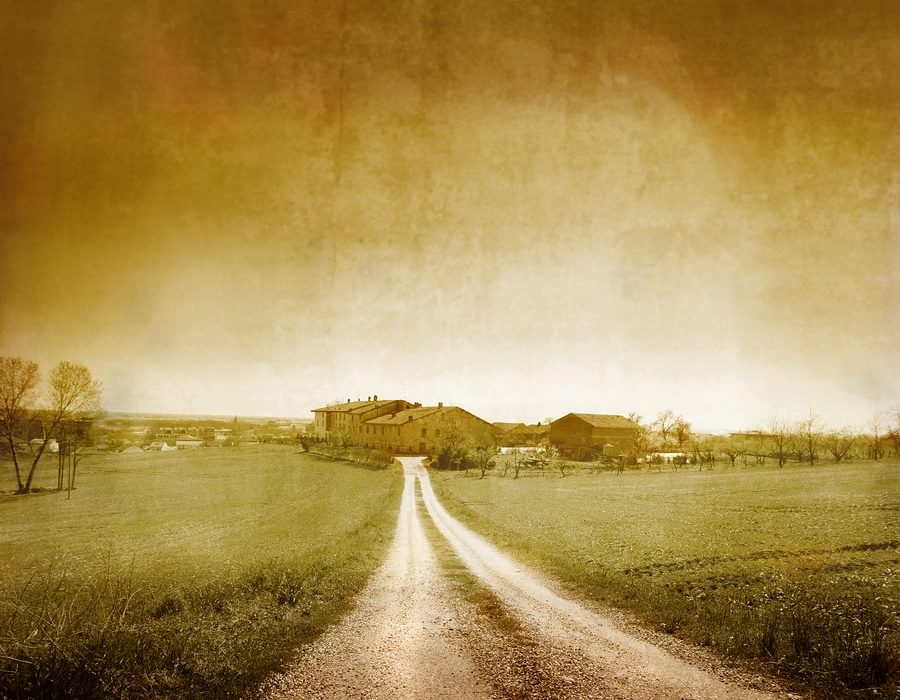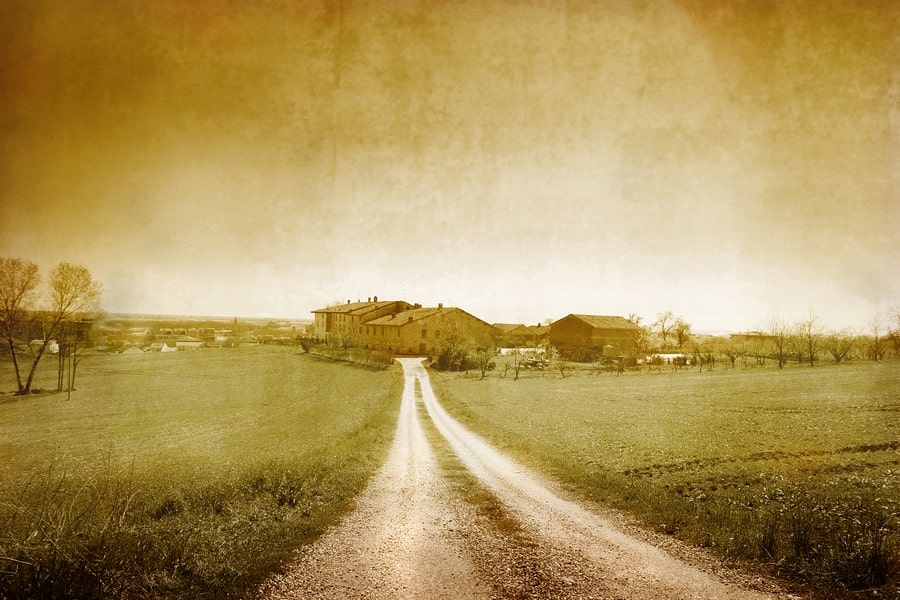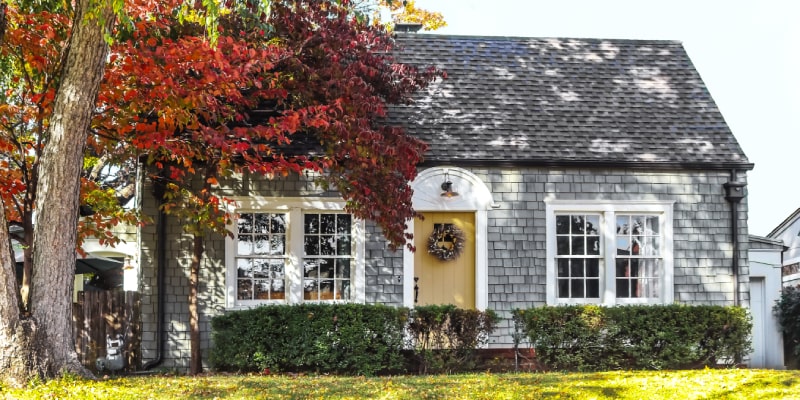Squatter’s Rights, Adverse Possession In Ontario
Following s. 32 of the Land Titles Act, a large majority of land in Ontario has been switched over from the Registry System to the Land Titles system.
In this new registration system, properties that remain in the Registry system are still open to claims of Squatter’s rights (also known as adverse possession). [1]
Property transferred to Land Titles has their title upgraded to Land Titles Conversion Qualified (LTCQ). [2] This type of title provides slightly more protection to land than the Registry system.
The time period that is required to fulfill a claim for Squatter’s rights is halted upon the date of conversion to the Land Titles system. [3]
- Can Squatter’s Claim Ownership?
- Reiner V. Truxa
- What Can You Do To Protect Yourself And How Do You Stop Adverse Possession In Ontario?
- Contact Us
Can Squatter’s Claim Ownership?
However, one should be wary of thinking land converted to Land Titles are not subject to Squatter’s rights.
If a landowner can prove that they or the previous owners have had unchallenged access and control of the property for 10 years prior to the date of conversion, a claim for adverse possession may still arise. Ibid at 33.
An example of such an occurrence happened in Toronto, Reiner v Truxa, with a court decision culminating recently in September of 2013 (written up in the Toronto Star). [4]
Squatter’s Rights – Reiner v. Truxa
The Reiners commenced a property survey which showed that the neighbours, the Truxa-Sanis, driveway encroached onto their land.
Truxa-Sanis remove the offending part of their driveway which crossed over their property line.
However, the Truxa-Sanis argued that the portion of land became their own through Squatter’s rights. [5]
Both properties were converted from the Registry system in 2001 and in order to successfully put forth a claim of Squatter’s rights, the Truxa-Sanis needed to prove that they or their predecessors in title had maintained: [6]
- actual possession of the land for the statutory period – in this case, ten years – by themselves and those through whom they claim;
- that such possession was with the intention of excluding from possession the owner or persons entitled to possession; and,
- discontinuance of possession for the statutory period by the owner and all others, if any, entitled to possession. [7]
The court was satisfied with the evidence before them that the Truxa-Sanis had successfully proved their claim of Squatter’s rights. [8] As a result, the disputed land became the Truxa-Sanis through Squatter’s rights and they were not required to remove the portion of their driveway in dispute.
They were now the true owner of the disputed property.
What does this mean?
You may be vulnerable to losing some or all of your property to individuals who have claims of Squatter’s rights if you are not careful.

What can you do to protect yourself and how do you stop adverse possession In Ontario
The concept of adverse possession gives us much to consider in terms of protecting your land.
First, you should inform yourself as to whether your property is registered in Land Titles or Registry system.
If your property is registered under the Land Titles system you should consider upgrading your title to Land Titles Plus.
Landowners are advised to upgrade their land title from LTCQ pursuant to s.46 (2) to Land Titles Plus by applying to the land registrar for permission. [9]
Once there is approval and your title has been upgraded to Land Titles Plus, you are protected against title disputes or adverse claims. [10]
If your property is in the Registry system and someone else is occupying your land (i.e. tenants), you should have them sign an acknowledgment in writing every 10 years that they have no legal claim to your property. [11] This acknowledgment will allow for the preservation of your land.
Finally, it is important to note that the courts do not take adverse possession claims lightly and are not quick to allow the removal of land title from registered owners.
If you think you may have a parcel of land that may be subject to or may have grounds for a claim of Squatter’s rights it is best to seek legal counsel.
Hummingbird Lawyers LLP has two offices for your convenience. Providing qualified, skilled and experienced lawyers in Toronto and lawyers in Vaughan, we are committed to giving our clients the convenience, expertise and guidance they need.
Related Articles
Speak to a real estate lawyer today regarding residential and corporate real estate.
References and Footnotes
- D.J. Donahue, P.D. Quinn & D.C. Grandilli, Real Estate Practice in Ontario, 7th ed (LexisNexus, 2011) at 31. ↩
- Ibid. ↩
- Ibid. ↩
- Mark Weisleder, “You can still lose land through squatter’s rights” The Star (13 December 2013), online: The Star ↩
- Reiner v Truxa, 2013 ONSC 6009 at para 1, 235 ACWS (3d) 1096, Frank J. ↩
- Supra note 6 at 17. ↩
- Ibid at 18. ↩
- Ibid at 35. ↩
- Ministry of Consumer & Business Services: Registration Division, Land Titles Conversion Qualified (LTCQ) to Land Titles Absolute Plus (LT+), (Queen’s Printer for Ontario, 2001) at 2 and 17. ↩
- Ibid at 2. ↩
- Supra note 1 at 89. ↩




Are squatters rights applicable in this situation
Solange, thanks for your message.
It would be best to reach our real estate lawyer directly by email Andrew Fortis or call 905.731.1911.